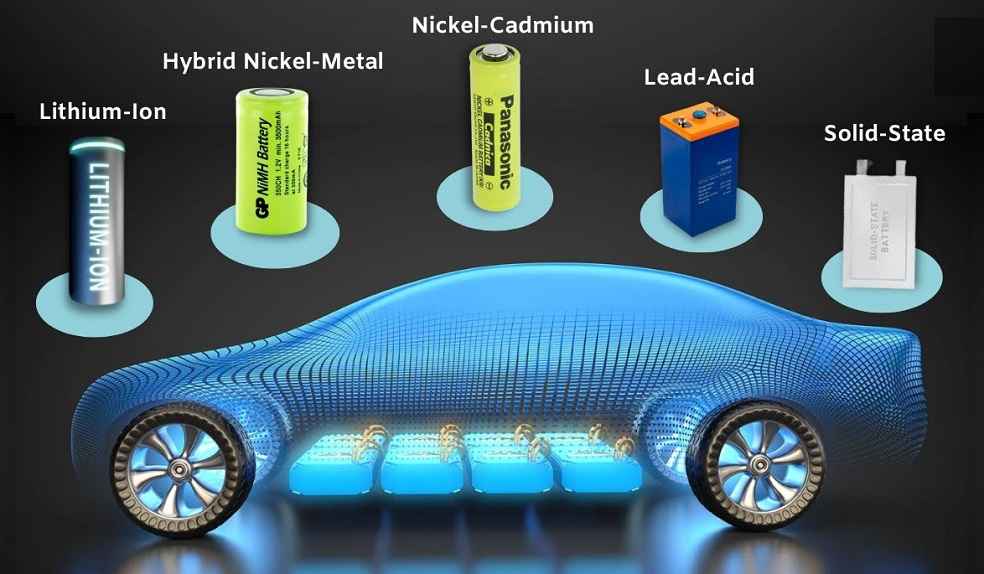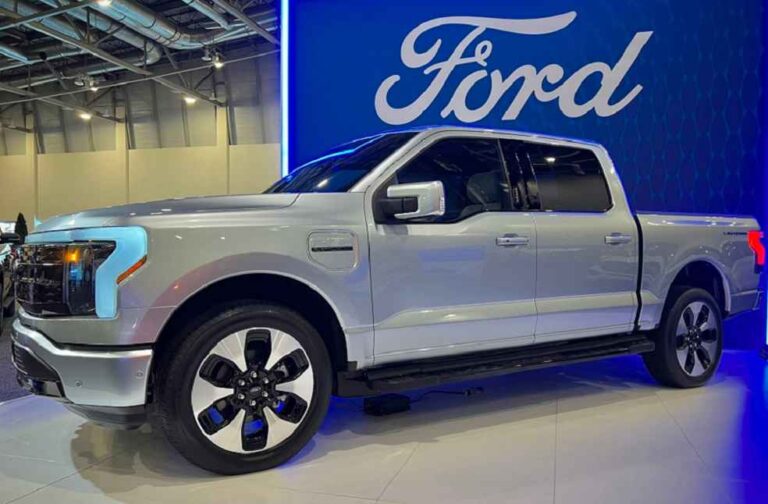Ford Lithium Deals: In a strategic move to increase electric vehicle production and take advantage of the U.S. government’s tax credits, Ford Motor Co. (F.N) announced a series of fresh deals on Monday to source battery-grade lithium. This decision comes amidst surging demand for eco-friendly vehicles, which has prompted North American automakers to secure steady raw material supplies, trying to catch up with the market leader, Tesla Inc. (TSLA.O).
The U.S. automaker inked a long-term agreement with Nemaska Lithium, a Canadian lithium company, for the supply of lithium products, including lithium hydroxide. The deal aligns with Ford’s aim of escalating EV production to 2 million units by the end of 2026. Ford’s shares saw an approximately 1% increase in pre-market trading, while the company prepares for a Capital Markets event later in the day.
Ford’s alliance with Nemaska Lithium promises to “strengthen Ford’s sourcing to produce two million EVs by the end of 2026 – and beyond,” as per the company’s announcement on Monday. This deal arrives amidst lingering doubts among Wall Street investors about Ford’s capacity to meet its ambitious target.

Nemaska Lithium, which is equally owned by Investissement Quebec – the Quebec government’s economic development agency, and Livent, will likely provide a significant lithium source to support Ford’s robust EV production plan.
The deal follows Ford’s earlier partnership this year with PT Vale Indonesia and China’s Zhejiang Huayou Cobalt in a USD 4.5 billion nickel processing plant in Indonesia. Both collaborations indicate Ford’s proactive approach in sourcing crucial battery materials.
Despite the projected loss of USD 3 billion this year in its electric vehicle unit, Ford reaffirmed its full-year guidance, expecting USD 9 billion to USD 11 billion of adjusted earnings before interest and taxes and around USD 6 billion in adjusted free cash flow. These recent lithium deals underline Ford’s commitment to maintaining a strong foothold in the burgeoning EV market and driving a sustainable future.
TRENDING: Ferrari recalled 425 vehicles that possibly have fuel leak issues





